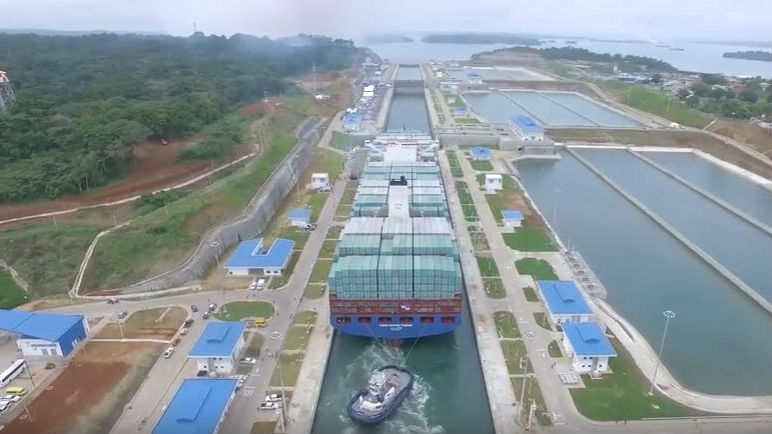Panama Canal Allows Carrier Alliances to Swap Slots
October 3, 2017 The Panama Canal Authority has announced that it will soon give ocean carrier alliances another way to integrate their operations: slot swaps. Beginning December 1, carriers within the same alliance will be allowed to trade canal transit time reservations with each other, subject to specific limitations: – Both vessels must be containerships. The Authority will charge its standard swapping fee scale, which ranges from no charge for the vessel’s first swap up to $35,000 for its fifth swap. The ACP is also altering its cancellation fees to bring them into line with the opening of the Expanded Panama Canal and the growing volume of bigger Neopanamax vessels in its traffic reservation system. Cancellations made less than seven days in advance forfeit 80 percent of their booking fee, and cancellations less than four days in advance forfeit all of it. Separately, ACP has also expanded its northbound New Panama Canal locks traffic to four slots per day, bringing the daily total to seven transits. When the expanded locks opened in June 2016, the ACP estimated that it would conduct two to three Neopanamax transits per day during the first year in operation, and would ramp up gradually to meet demand. ACP executive vice-president of planning and business development Oscar Bazan told Fairplay earlier this year that the New Panama Canal’s maximum traffic rate would be 12 transits per day.
Source: Maritime Executive |
